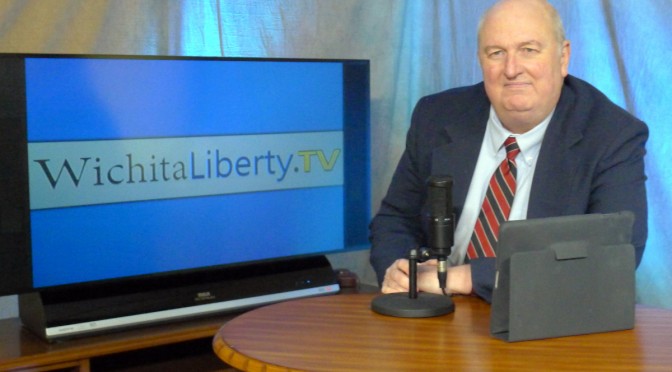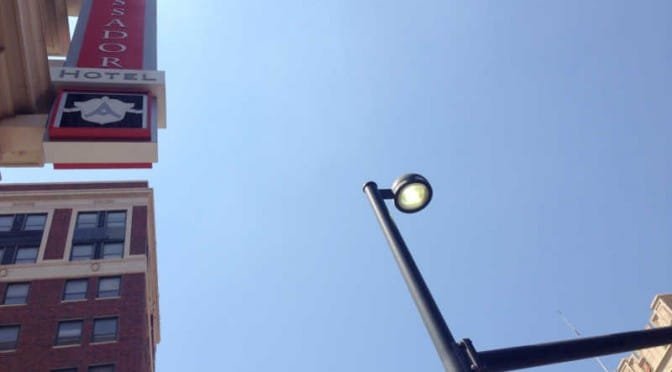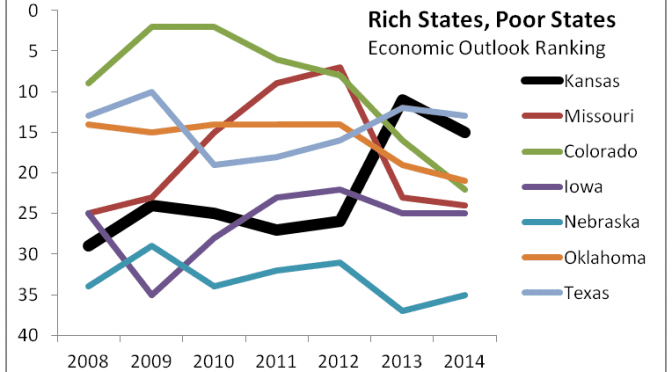 Competition must surely be one of the most misunderstood concepts. As applied to economics, government, and markets, the benefits of competition are not understood and valued.
Competition must surely be one of the most misunderstood concepts. As applied to economics, government, and markets, the benefits of competition are not understood and valued.
Usually when people think of competition they think of words like hostile, cut-throat, or dog-eat-dog. They may reference the phrase “survival of the fittest,” making analogies to the law of the jungle. There, competition is brutal. The winners kill and eat the losers. Or, they may refer to games or sporting events, where a competition is created specifically to produce a winner and a loser.
But as David Boaz of the Cato Institute explains in his essay Competition and Cooperation, it’s different in markets. There, as Boaz explains, people compete in order to cooperate with others, not defeat them:
The competitive process allows for constant testing, experimenting, and adapting in response to changing situations. It keeps businesses constantly on their toes to serve consumers. Both analytically and empirically, we can see that competitive systems produce better results than centralized or monopoly systems. That’s why, in books, newspaper articles, and television appearances, advocates of free markets stress the importance of the competitive marketplace and oppose restrictions on competition.
We often see people plead for cooperation, as being preferred over competition: “Can’t we all get along?” But Boaz says this: “What needs to be made clear is that those who say that human beings ‘are made for cooperation, not competition’ fail to recognize that the market is cooperation. Indeed, as discussed below, it is people competing to cooperate.”
Boaz says that cooperation is so essential to human flourishing that we don’t just want to talk about it; we want to create social institutions that make it possible. That is what property rights, limited government, and the rule of law are all about.
If we didn’t have well-defined property rights and rule of law, we would be continually fighting — competing, that is — over property and who owns it. Boaz says “It is our agreement on property rights that allows us to undertake the complex social tasks of cooperation and coordination by which we achieve our purposes.”
Cooperation and coordination in markets is what has allowed us to progress beyond the simple societies where each person has only what he himself produces, or what he can trade for with those in his immediate surroundings. Maybe it would be wonderful if this cooperation and coordination could be accomplished through benevolence, that is, by people doing good simply for good’s sake. Sort of like “From each according to his abilities, to each according to his needs.” During the last century we saw how political systems based on that philosophy worked out.
Human nature isn’t always benevolent. People are self-interested. They want more for themselves. In economies where property rights are respected and protected, the only legitimate way to get more stuff for yourself is by trading with others. You figure out what other people want, you produce it, and give it to them in exchange for what you want. And if you can figure out what people really want, that is, what they’re willing to trade a lot of their stuff in order to obtain, you can prosper. And since the trading is voluntary, both parties to the trade are better off.
In Adam Smith’s lasting imagery over two centuries ago: “By directing that industry in such a manner as its produce may be of greatest value, he intends only his own gain, and he is in this, as in many other cases, led by an invisible hand to promote an end which was no part of his intention.”
Figuring out what others place high value on and providing it to them — and doing that better than someone else — is what competition in markets is about. As Boaz said, it is “people competing to cooperate.” When you generate success in this way, rather than by stealing from others, we all benefit. We experience what Boaz and others call the “civil society.” We cooperate with others to get what we want, instead of beating them over the head and stealing from them. Our desire for more stuff, coupled with property rights and rule of law, means that we compete to make others’ lives better, so that in turn our own lives can be better.
Who knows best what people should have? Each person knows best for themselves, of course. People place different values on things, but it each person who knows best what he values, and how much he values it.
That’s the way voluntary markets work. But government and politics works differently. Here’s what Milton Friedman had to say on this topic: “[The political system] tends to give undue political power to small groups that have highly concentrated interests; to give greater weight to obvious, direct and immediate effects of government action than to possibly more important but concealed, indirect and delayed effects; to set in motion a process that sacrifices the general interest to serve special interests rather than the other way around. There is, as it were, an invisible hand in politics that operates in precisely the opposite direction to Adam Smith’s invisible hand.”
So the benefits of market competition and cooperation are turned around and perverted in government and politics. There are many examples of this. Currently in Kansas we have a vivid example unfolding. The Blob — that’s the public school establishment — doesn’t want to allow competition, at least not competition using taxpayer funds in the form of charter schools, vouchers, or tax credit scholarships. It doesn’t want existing teachers to face competition from professionals who haven’t spent years earning a teaching degree and obtained a license.
Instead of the values of civil society, where people compete to cooperate with others in order to accomplish their goals, our public schools operate under a different system. Politicians and courts will tell us how much to spend on schools, and will pass laws to seize payment from people. Bureaucrats will tell us what schools will teach, and how they will teach it. If parents don’t like what government provides, they’re free to send their children somewhere else. But they still must pay for a product they’ve determined they have no use for.
The benefit of market competition, that is, the “constant testing, experimenting, and adapting” that Boaz writes about, is missing from government-run schools. Instead, the centralized monopoly of public schools plods along. We place all our eggs in the No Child Left Behind basket. That law is now considered by nearly everyone as a failure. So we attempt to impose another centralized, monopolistic system: the Common Core Standards.
Instead of peacefully and happily competing to cooperate in the education of Kansas schoolchildren, there is vitriol. Extreme vitriol, I would say. No one seems happy with the system. Great effort is spent fighting — jungle competition, we might say, rather than cooperating. And for some crazy reason, we use this system for many other things, too.
For more on this topic, see Competition and Cooperation: Two sides of the same coin by Steven Horwitz.







 Following is a message from
Following is a message from 
 Competition must surely be one of the most misunderstood concepts. As applied to economics, government, and markets, the benefits of competition are not understood and valued.
Competition must surely be one of the most misunderstood concepts. As applied to economics, government, and markets, the benefits of competition are not understood and valued.  There’s a range of opinion, that’s for sure.
There’s a range of opinion, that’s for sure.


